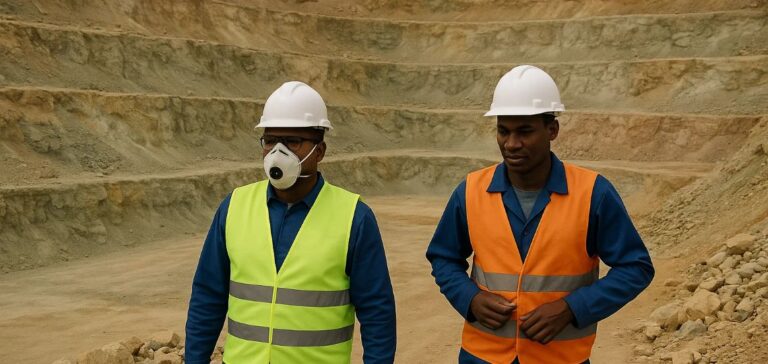French group Orano, specialised in uranium extraction, confirmed that several parties have expressed interest in its mining assets in Niger, while maintaining that its priority remains the ongoing international arbitration procedures. The company, over 90% owned by the French state, told AFP on May 17 that it remains “open to dialogue” but aims to protect its interests and those of its employees.
Three mining subsidiaries subject to potential offers
Since December 2024, Orano has lost operational control of its three Niger-based mining subsidiaries: Société des Mines de l’Aïr (Somaïr), Compagnie Minière d’Akouta (Cominak), closed since 2021, and the Imouraren deposit. The latter is among the largest uranium reserves in the world, with approximately 200,000 tonnes of resources. The Nigerien authorities revoked Orano’s operating permit in June 2024. Despite this loss of control, Orano still holds majority stakes of over 60% in these entities.
€250mn worth of uranium concentrate remains blocked
The company stated that around 1,300 tonnes of uranium concentrate, with a market value of €250mn ($271mn), remain blocked at the Somaïr site, with no means of export. The first arbitration proceeding against the Nigerien state was initiated in late December 2024, followed by a second in January 2025 after losing operational control of the site. These cases have been submitted to the International Centre for Settlement of Investment Disputes (ICSID).
Search operations and escalating local tensions
Tensions escalated in early May when Nigerien security forces searched Orano’s offices in Niamey. The company reported losing contact with its local representative. On May 13, management confirmed that IT equipment and mobile phones from all staff had been confiscated, and that the subsidiary directors had been questioned on-site. Orano has referred the matter to the Nigerien public prosecutor, denouncing arbitrary arrest and illegal detention.
Global production sustained despite local setbacks
Despite the challenges in Niger, Orano continued strong operations across its other sites. In 2023, the company produced over 7,100 tonnes of uranium from its operations in Canada, Kazakhstan, and Niger. In February 2025, the group reported a net profit of €633mn ($687mn) for the year 2024, a sharp rise from €217mn in 2023, with revenue reaching €5.87bn ($6.38bn), up 23%.






















